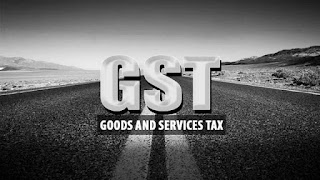India is known as the land of taxes. We have so many taxes under Direct and Indirect Taxes. As per the constitution of India, indirect taxes are administered by the Central Government and State Governments.
- The Centre has the powers to levy tax on the manufacture of goods (except alcoholic liquor for human consumption, opium, narcotics etc).
- As for Services, it is the Centre alone that is empowered to levy Service tax.
- The States have the powers to levy tax on the sale of goods.
- In the case of inter-State sales, the Centre has the power to levy a tax (the Central Sales Tax) but, the tax is collected and retained entirely by the States.
Benefits which the Country will accrue from GST
- By amalgamating a large number of Central and State taxes into a single tax and allowing set-off of prior-stage taxes, it would mitigate the ill effect of cascading and pave the way for a common national market.
- For the consumers, the biggest gain would be in terms of a reduction in the overall tax burden on goods, which is currently estimated at 25%-30%.
- Introduction of GST would also make our products competitive in the domestic and international markets. Studies show that this would instantly spur economic growth.
- There may also be revenue gain for the Centre and the States due to widening of the tax base, increase in trade volumes and improved tax compliance.
- Last but not the least, this tax, because of its transparent character, would be easier to administer.
Learn more from GST Centre. For more information, please visit our website: https://gstcentre.in/






